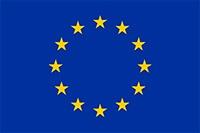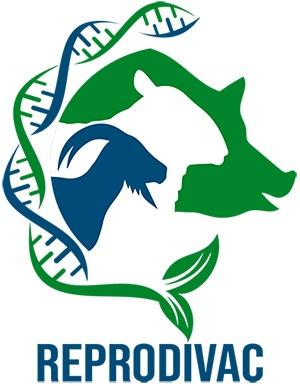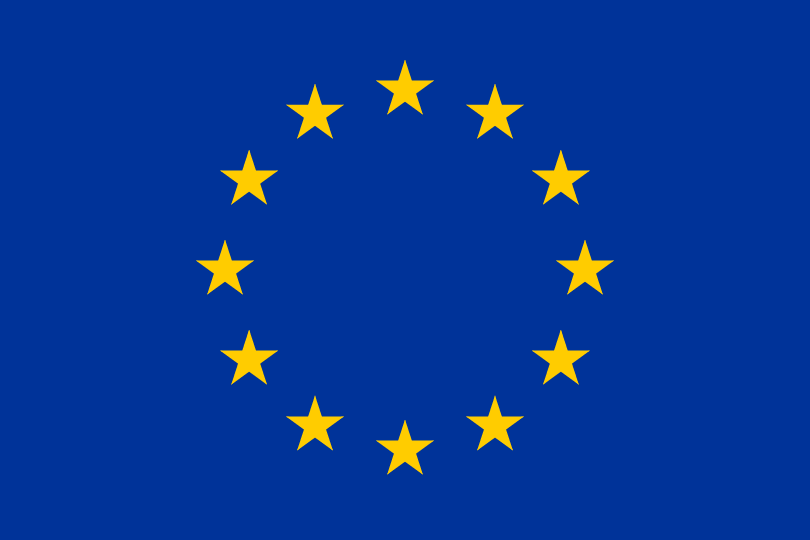REPRODIVAC - Next-generation vaccines and diagnostics to prevent livestock reproductive diseases of worldwide impact
Ethics Advisor
Is the Director of the Centre for Applied Bioethics (CAB) and Professor of Applied Bioethics and Technology Assessment, Schools of Biosciences and Veterinary Medicine and Science (SVMS), University of Nottingham, UK. Kate’s field of research is bioethics, with a particular interest in agri-food, veterinary, biotechnology and research ethics (related to agri-nutrition, animal-related and technology research). In terms of approaches, Kate’s research has focussed on the development and application of ethical frameworks (e.g. the Ethical Matrix), stakeholder participation and inclusive innovation methods. She has published on agri-food and animal ethics, research ethics, stakeholder engagement methods, responsible research and innovation (RRI), and integrated technology assessment methods. She has extensive international, European and UK research experience. Kate is passionate about research and training and has designed and delivered research ethics, social and ethical assessment, and stakeholder engagement research workpackages and developed engaging postgraduate and professional research ethics and integrity training and tools. Kate is on the Editorial Board of Food Ethics (Springer). Kate is a member of a number of advisory boards / committees, including the Horizon Europe ISIDORe; Concordat on Openness on Animal Research UK Steering Group; UK Rare Breeds Survival Trust Expert Advisory Panel; One Health European Joint Programme Ethics Advisory Group; etc. She contributes to policy activities such as for UK POST. Kate is past President of the European Society for Agricultural and Food Ethics (EurSafe; 2016-2022). She also acts as a consultant and grant review panel member and grant reviewer, for a range of international funders, including UKRI, SFI (Ireland), Genome Canada, US NSF, FORMAS (Sweden), SSF Canada, Dutch NWO. |
REPRODIVAC has received funding from the European Union’s Horizon Europe research and innovation programme under Grant Agreement No. 101060813. Views and opinions expressed are however those of the author(s) only and do not necessarily reflect those of the European Union or other granting authorities. Neither the European Union nor the other granting authorities can be held responsible for them.

REPRODIVAC has received funding from the European Union’s Horizon Europe research and innovation programme under Grant Agreement No. 101060813. Views and opinions expressed are however those of the author(s) only and do not necessarily reflect those of the European Union or other granting authorities. Neither the European Union nor the other granting authorities can be held responsible for them.

